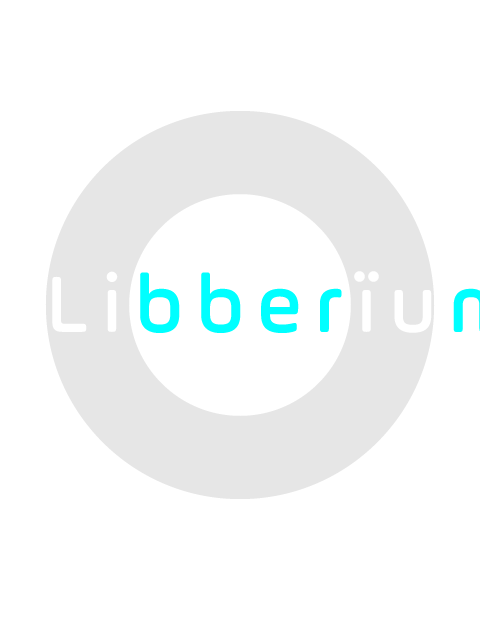Changing the World: How We Contribute to Global Transformations
The Power of Collective Action
Collective action has historically served as a powerful catalyst for global change, uniting individuals under shared causes to drive significant societal transformations. The Civil Rights Movement in the United States, for instance, stands as a poignant example where collective efforts yielded profound societal shifts. Leaders like Martin Luther King Jr. galvanized millions, leading to landmark legislation that dismantled institutionalized racial segregation and discrimination.
Environmental activism is another arena where collective action has garnered substantial momentum. The modern environmental movement, spurred by events like the first Earth Day in 1970, has led to crucial policy changes and raised awareness about critical issues such as climate change and biodiversity loss. Organizations like Greenpeace and the Sierra Club have successfully mobilized global communities to advocate for sustainable practices and environmental protection.
Global health initiatives, like the eradication of smallpox and the ongoing fight against HIV/AIDS, also exemplify the transformative power of collective action. The World Health Organization (WHO) and various non-governmental organizations (NGOs) have coordinated mass vaccination campaigns and awareness programs, significantly reducing the prevalence of these diseases worldwide.
The psychological and social dynamics driving collective action are multifaceted. Individuals are often motivated by a sense of shared identity, moral duty, and the belief that their contributions can make a tangible difference. Social networks and a sense of community create an environment conducive to collective efforts, reinforcing individuals’ commitment to the cause.
Technological advancements, particularly social media, have amplified the impact of collective action. Platforms like Twitter, Facebook, and Instagram enable rapid dissemination of information, mobilizing support across geographical boundaries. Hashtags like #BlackLivesMatter and #MeToo have sparked global movements, highlighting injustices and calling for systemic change.
Organizations and grassroots movements embodying the spirit of collective action, such as Extinction Rebellion and the Global Fund for Women, employ various strategies to mobilize people and resources effectively. These include awareness campaigns, advocacy, community organizing, and strategic partnerships, all aimed at maximizing impact. By leveraging the power of collective action, these entities continue to drive meaningful progress in addressing some of the world’s most pressing challenges.
Our Role in Facilitating Change
At the heart of our organization’s mission lies a commitment to fostering global transformation through targeted and sustainable initiatives. Our vision is to create a more equitable, healthy, and sustainable world, guided by core values such as integrity, inclusivity, and innovation. These values are the driving force behind our projects, ensuring that our efforts are both impactful and aligned with the needs of the communities we serve.
One of the standout examples of our work is our educational initiative in rural regions, which has significantly improved access to quality education. By partnering with local schools, international educational bodies, and technology providers, we have introduced digital learning platforms that enhance the educational experience. This initiative has led to a 30% increase in student engagement and a 20% improvement in academic performance metrics. Our approach includes comprehensive teacher training programs, community workshops, and continuous feedback mechanisms to ensure the relevance and effectiveness of the educational content delivered.
In the healthcare sector, our organization has implemented a community health program that addresses critical healthcare disparities in underserved areas. Through collaboration with local clinics and international health organizations, we have set up mobile health units providing essential medical services. This program has seen a 40% reduction in preventable diseases and a 25% improvement in maternal health outcomes. Our methodology emphasizes community engagement, utilizing local health workers to build trust and ensure culturally sensitive care. Data-driven approaches and regular impact assessments help us refine and scale our interventions.
Environmental sustainability is another key focus, and our reforestation project exemplifies our commitment to ecological balance. By working with environmental NGOs, local governments, and community groups, we have successfully planted over 500,000 trees in deforested areas. This initiative not only helps combat climate change but also supports local economies through sustainable agriculture practices. Impact metrics indicate a significant increase in biodiversity and a reduction in soil erosion, demonstrating the multifaceted benefits of our environmental efforts.
Looking ahead, our organization is dedicated to scaling these successful models to achieve broader impact. We are exploring new partnerships and innovative technologies to enhance our project reach and effectiveness. Our ongoing efforts include expanding our educational programs to more regions, increasing the coverage of our healthcare services, and introducing new sustainability projects that address the emerging challenges of climate change. By continuously adapting and evolving our methodologies, we aim to contribute to global transformations that are both meaningful and lasting.


